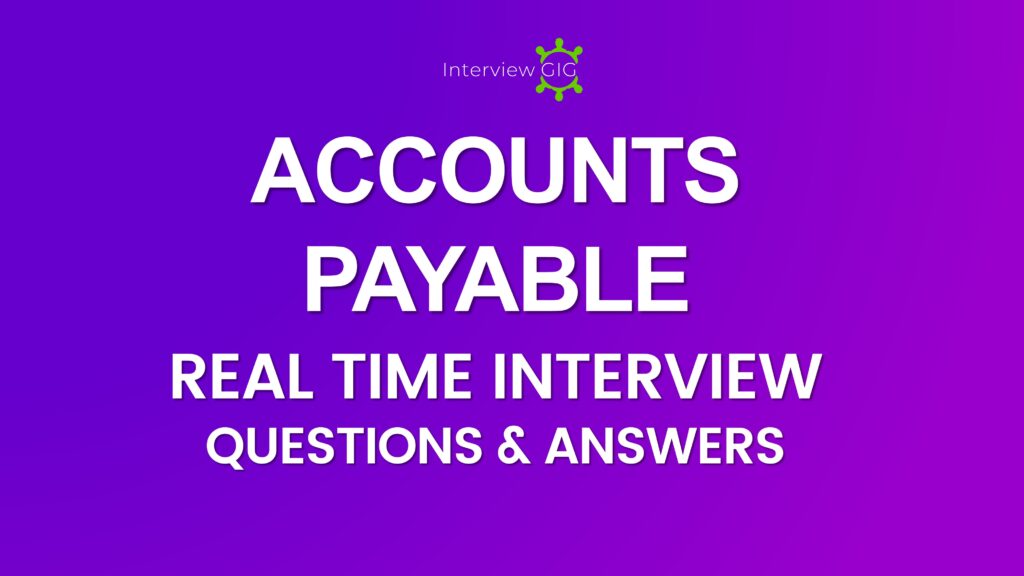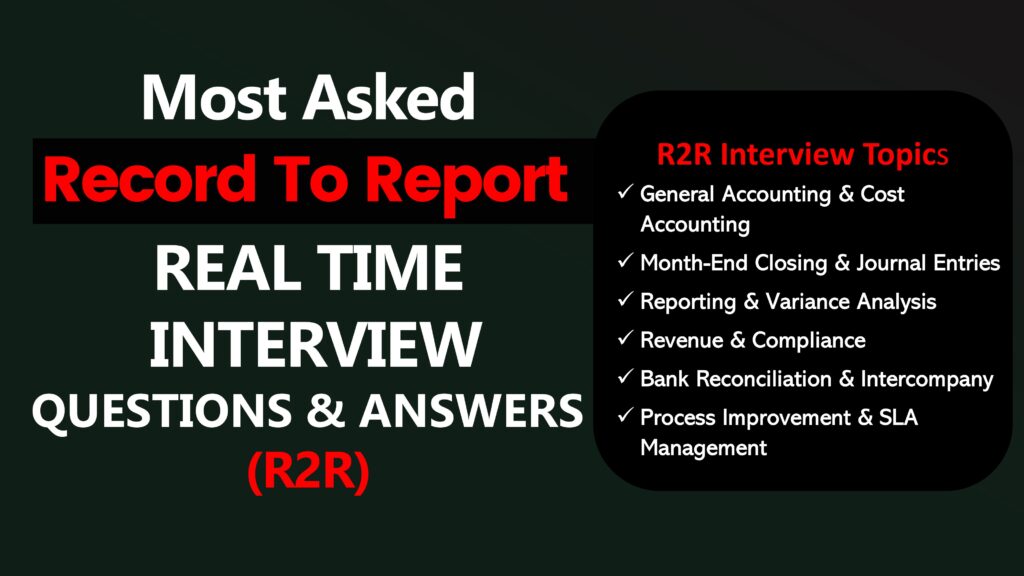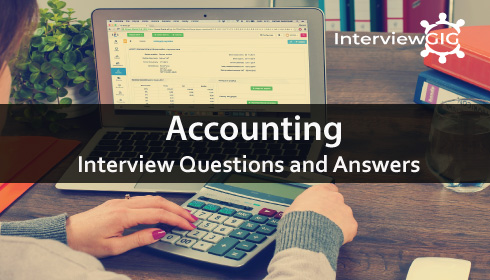What is bank?
Bank is financial institution which accepts deposits from the public for the purpose of lending.
What are the types of banks?
There are two types of banks, commercial banks and investment banks. In most of the countries, banks are regulated by the national government or central bank.
What is investment banking?
Investment banking manages portfolios of financial assets, commodity and currency, fixed income, corporate finance, corporate advisory services for mergers and acquisitions, debt and equity writing etc.
What is commercial bank?
Commercial bank is owned by the group of individuals or by a member of Federal Reserve System. The commercial bank offer services to individuals, they are primarily concerned with receiving deposits and lending to business. Such bank earns money by imposing interest on the loan borrowed by the borrower. The money that is deposited by the customer will be used by the bank to give business loan, auto loan, mortgages and home repair loans.
What are the different types of Commercial Banks?
The types of Commercial Banks are:
Retail or Consuming Bank: It is small to the midsize branch that directly deals with consumer’s transaction rather than corporate or other banks.
Corporate or business banking: Corporate banking deals with cash management, underwriting, financing and issuing of stocks and bonds.
Non- traditional Options: There are many non-banks entities that offer financial services like that of the bank. The entities include credit card companies, credit card report agencies and credit card issuers.
Securities and Investment Banking: Investment banking manages portfolios of financial assets, commodity and currency, corporate finance, fixed income, debt and equity writing etc.
What are the different types of accounts in a bank?
The types of accounts in banks are:
Checking Account: You can access the account as saving account but, unlike saving account, you cannot earn interest on this account. The benefit of opening a checking account in a bank is there is no limit for withdrawal.
Money Market Account: This account gives both the benefit of savings account and checking accounts. You can withdraw the amount and yet you can earn higher interest on it. This type of account can be opened with a minimum balance.
Certificate of Deposit Account (CD): By the opening of such account you have to deposit your money for the fixed period like five years or seven years, and you will earn the interest on it. The rate of interest will be decided by the bank, and you cannot withdraw the funds until the fixed period expires.
Saving Account: You can save your money in such account and also earn interest on it. The number of withdrawals is limited and need to maintain the minimum amount balance in the account to remain active.
What are the common ways to operate your bank accounts?
Bank accounts can be operated through:
- Branches of Bank.
- Mobile Banking.
- ATM
- Internet Banking.
What is APR? What are the different types of APR?
APR (stands for Annual Percentage Rate) is the rate of interest charged for services like credit cards, bank loans, etc.
The interest is calculated annually and is the yearly expense incurred on funds over a loan term.
APR (Annual Percentage Rate) is of 2 types:
- Fixed APR- The rate of interest is the same through-out the mortgage term.
- Variable APR- Rate of interest changes based on factors like a prime rate.
What are the software banking applications available in the industry?
There are many types of banking software applications and few are listed below
Internet banking system: Internet banking allows the customers and financial institution to conduct final transaction using banks or financial institute website.
ATM banking (Automated Teller Machine): It is an electronic banking outlet, which allows customers to complete basic transaction.
Core banking system: Core banking is a service provided by a networked bank branch. With this, customer can withdraw money from any branch.
Loan management system: The database collects all the information and keeps the track about the customers who borrows the money.
Credit management system: Credit management system is a system for handling credit accounts, assessing risks and determining how much credit to offer to the customer.
Investment management system: It is a process of managing money, including investments, banking, budgeting and taxes.
Stock market management system: The stock market management is a system that manages financial portfolio like securities and bonds.
Financial management system: Financial management system is used to govern and keep a record of its income, expense and assets and to keep the accountability of its profit.
What is the difference between ‘Cheque’ and ‘Demand draft’?
Both are used for the transfer of the amount between two accounts of same banks or different bank. ‘Cheque’ is issued by an individual who holds the account in a bank, while ‘Demand draft’ is issued by the bank on request, and will charge you for the service. Also, demand draft cannot be cancelled, while cheques can be cancelled once issued.
What is a financial management system?
A financial management system is a software used by banks and other organizations to record and control the income, assets, and expenses. This is done to maximize profits and manage finances to ensure sustainability.
For More:
What do you understand by the term balloon payment?
Balloon payment is a final amount to be paid after the amortization of a loan. When the entire loan payment is not amortized over the life of the loan, the remaining balance is due as the final repayment to the lender. Balloon payment can occur within an adjustable rate or fixed rate mortgage.
What are the different types of loans that banks provide?
Banks give out different types of loans to meet various objectives. The 5 types of loans provided by banks are:
- Secured personal loan
- Unsecured personal loan
- Small Business loan
- Mortgage loan
- Auto loan
How is a cheque different from DD (Demand Draft)?
Both are used for the transfer of the amount between two accounts of same banks or different bank. ‘Cheque’ is issued by an individual who holds the account in a bank, while ‘Demand draft’ is issued by the bank on request, and will charge you for the service. Also, demand draft cannot be cancelled, while cheques can be cancelled once issued.
What are the main functions of the RBI (Reserve Bank of India)?
The RBI is the central bank of India. It plays a crucial role in managing the economy.
The 8 most important functions of RBI are:
- Responsible for the issue and exchange of currency in notes and coins.
- Regulation and supervision of commercial banks and financial systems.
- Managing foreign exchange to facilitate external trade and development.
- Functions to support national banking and financial objectives.
- Acts as the banker to central and state governments.
- Central bank to all other banks, maintains records of all banking accounts.
- Responsible for formulating and implementing the national monetary policy.
- Maintains economic stability across all sectors to enable growth.
What is a foreign draft?
Foreign draft is an alternative to foreign currency. A foreign draft is used to send money to people in foreign countries. It acts as an effective alternative to foreign currency and can be easily purchased from commercial banks.
It is a safer and cheaper method of transferring funds internationally and allows the receiver to use funds quicker than cheque or cash.
Can you explain Repo rate and Reverse repo rate?
Repo rate and reverse repo rate are a part of the liquidity adjustment facility.
Repo rate is the rate at which banks borrow from RBI during shortage of funds. This is a short-term loan provided for up to 90 days by selling securities to RBI and receiving money in lieu of it.
Reverse repo rate is the rate at which banks deposit their excess liquidity with the RBI. In other words, the rate at which RBI borrows from banks by selling securities in order to control excess liquidity in the market is reverse repo rate.
What Is base Rate?
Base Rate is the minimum rate of interest which a bank has to charge from its customers and a bank can’t sanction loan on a rate below the base rate. Banks may choose any benchmark to decide on the base rate.
The exceptions of base rate are:-
- Agriculture loans
- sponsored schemes
- Staff loans
What Are the Various Risks That Banks Face?
There are mainly three types of risks faced by banks: –
- Credit Risk: loan or NPA.
- Market Risk: Money invested in the market.
- Operational risk: Day-to-Day working risks.
What are the different types of loans that banks provide?
- Unsecured Personal Loan
- Secured Personal Loan
- Auto Loans
- Mortgage Loans
- Small business Loans





